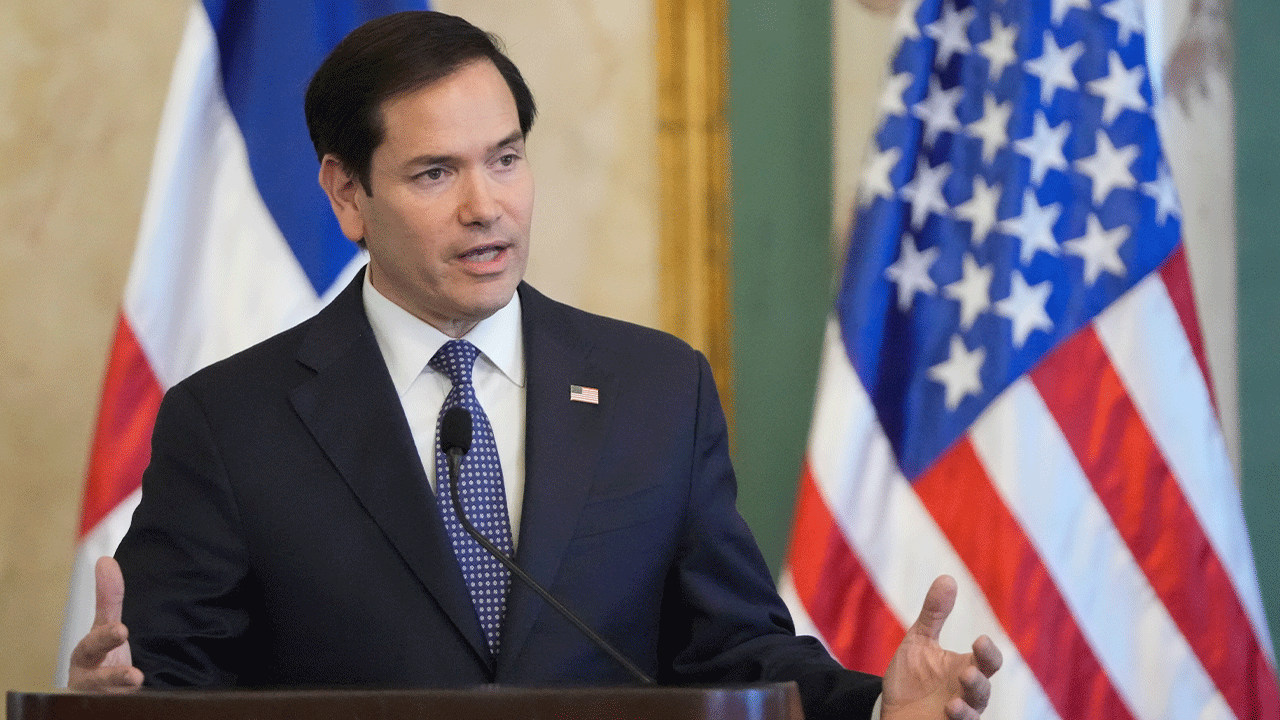Rubio defends Vance’s Munich speech as CBS host suggests ‘free speech’ caused the Holocaust

Secretary of State Marco Rubio stood by Vice President JD Vance’s recent speech in Germany criticizing Europe’s approach to censorship, defending the importance of free speech in democracies. Rubio’s defense came during an interview with CBS host Margaret Brennan on “Face the Nation,” where the two clashed over the role of free speech in history.
Brennan pointed out Vance’s speech at the Munich Security Conference, where he condemned European allies for adopting a “soviet” style of censorship. She questioned the impact of Vance’s words, asking, “What did all of this accomplish, other than irritating our allies?”
Rubio countered Brennan’s argument, emphasizing the fundamental value of free speech in democratic societies. He stated, “Why would our allies or anybody be irritated by free speech and by someone giving their opinion? We are, after all, democracies.” Rubio highlighted the importance of open dialogue and differing opinions in democratic processes.
When Brennan suggested that free speech had been “weaponized” to bring about the Holocaust in Nazi Germany, Rubio strongly disagreed. He clarified that the genocide was carried out by an authoritarian regime that suppressed free speech and opposition. Rubio emphasized that there was no room for dissent in Nazi Germany, making it inaccurate to claim that free speech led to the genocide.
Throughout the interview, Rubio reiterated Vance’s message that European leaders should be willing to engage in constructive dialogue with the U.S. and other like-minded nations, even in the face of criticism. He underscored the importance of maintaining open communication channels to address differences and promote understanding among allies.
In conclusion, Rubio’s defense of Vance’s speech underscores the significance of free speech in democratic societies and the need for open dialogue to foster cooperation and mutual respect among nations. The exchange between Rubio and Brennan highlights the ongoing debate surrounding the role of free speech in historical contexts and contemporary international relations.




